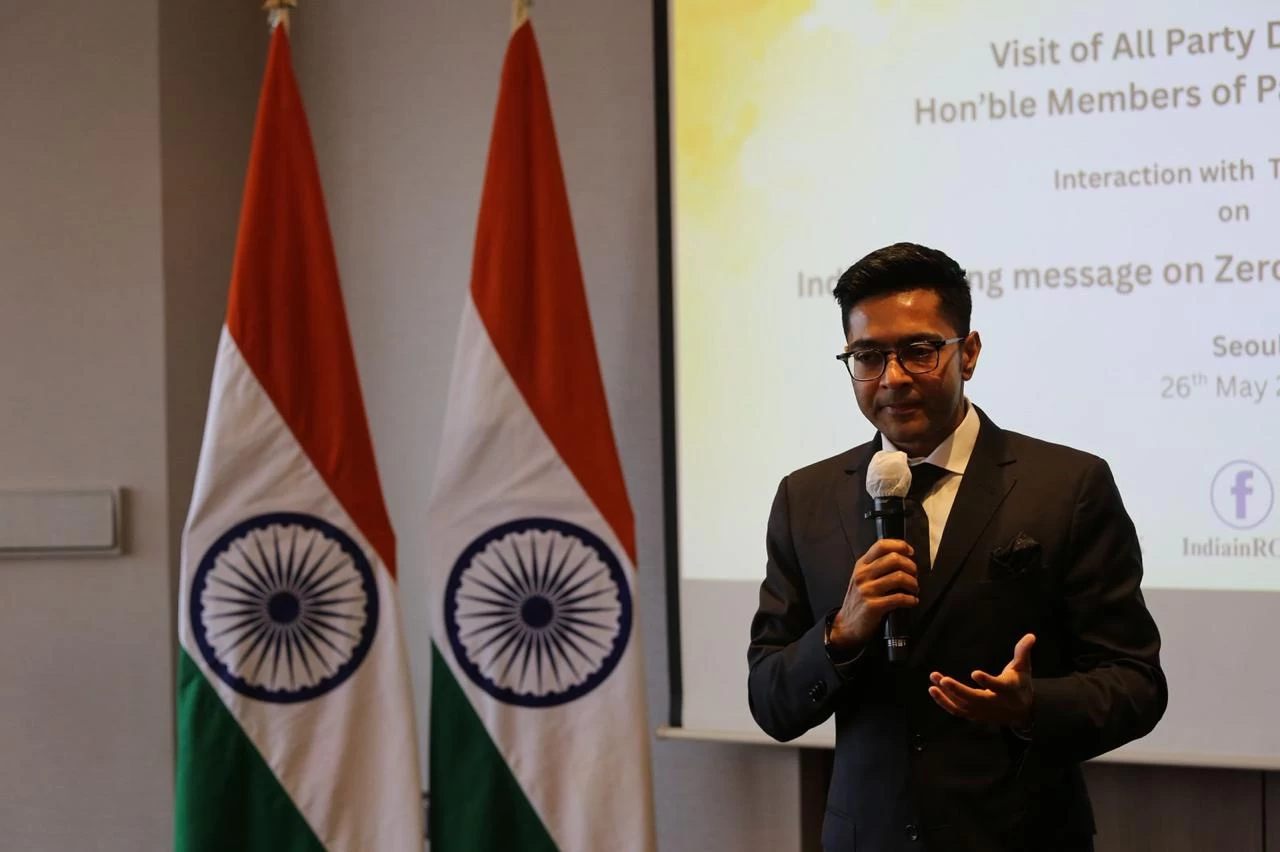Latest Updates
Pakistan Army Continues Ceasefire Violations along LoC; India Responds and Issues Warning
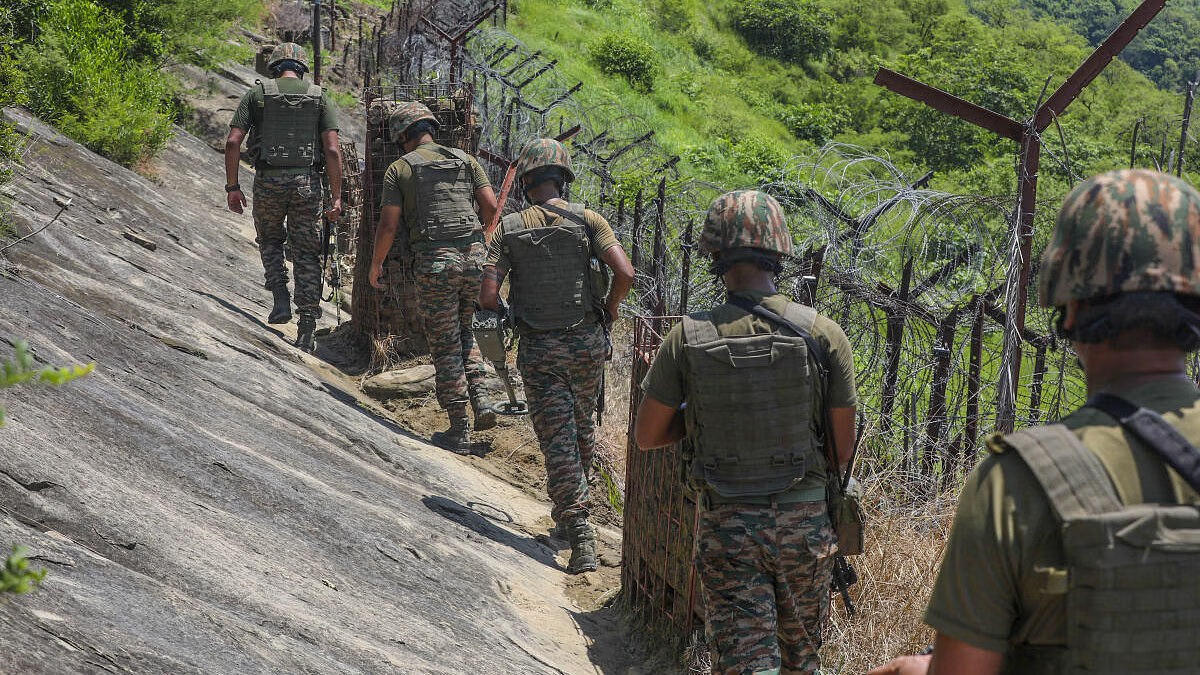
The Pakistan Army has reportedly continued its pattern of ceasefire violations, opening unprovoked small-arms fire across the Line of Control (LoC) in Jammu and Kashmir for the seventh consecutive night. Indian forces “responded proportionately” to the provocations in multiple sectors, including Kupwara, Uri, and Akhnoor.
“During the night of 30 April–01 May 2025, Pakistan Army posts initiated unprovoked small-arms fire across the Line of Control opposite Kupwara, Uri and Akhnoor in the Union Territory of Jammu & Kashmir. These were responded proportionately by the Indian Army,” said Defence PRO Lieutenant Colonel Suneel Bartwal.
The escalating hostilities follow India’s recent suspension of the Indus Water Treaty in retaliation to the deadly terror attack in Pahalgam, which killed 26 people. Since then, Pakistan has intensified cross-border firing, targeting Indian positions.
Earlier this week, India issued a stern warning to Pakistan during a hotline conversation between the Directors General of Military Operations (DGMOs). The warning came in light of repeated ceasefire violations and the growing tension in border areas.
Unprovoked firing was first reported on 25 and 26 April in various parts of Kashmir and Jammu. The violations continued into 27 April, affecting the Tutmar Gali and Rampur sectors. On 28 April, Pakistan targeted the Poonch and Kupwara sectors, followed by an attack on 29 April at the Chenab post in the Pargwal sector of Akhnoor. The latest incidents on 30 April saw Indian positions shelled in Baramulla, Kupwara, and again in Pargwal.
Despite a reaffirmation of the 2003 ceasefire agreement on 25 February 2021, which had largely held until recently, the current series of violations marks a serious deterioration in cross-border relations.
Amid the rising tension, residents in vulnerable border regions have begun reinforcing and renovating underground bunkers. Known locally as ‘Modi bunkers’, these shelters provide essential protection for civilians during periods of cross-border shelling and remain a critical part of life along the LoC and International Border.




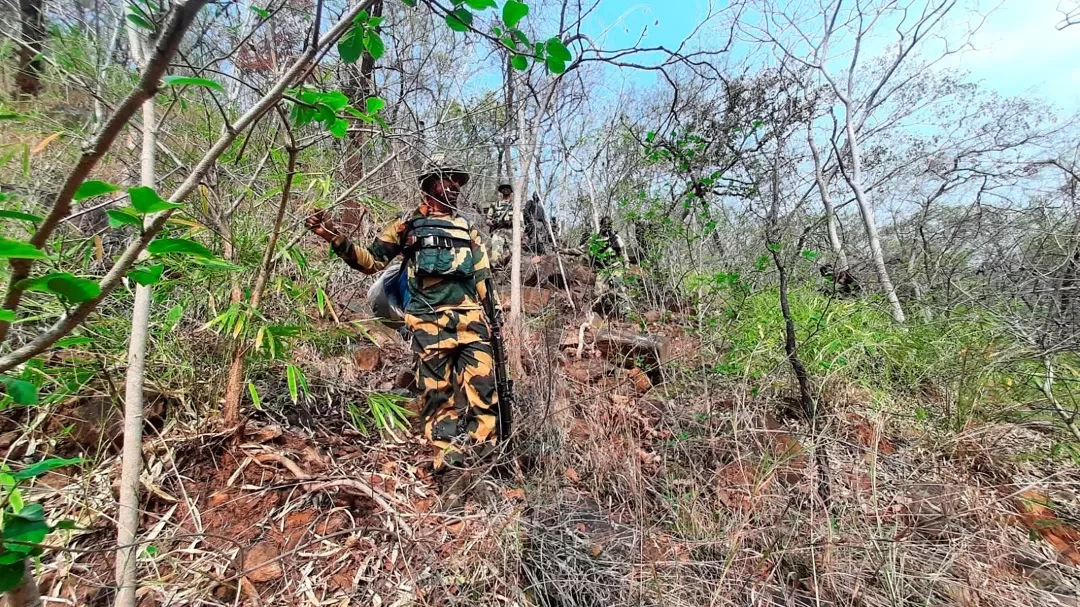



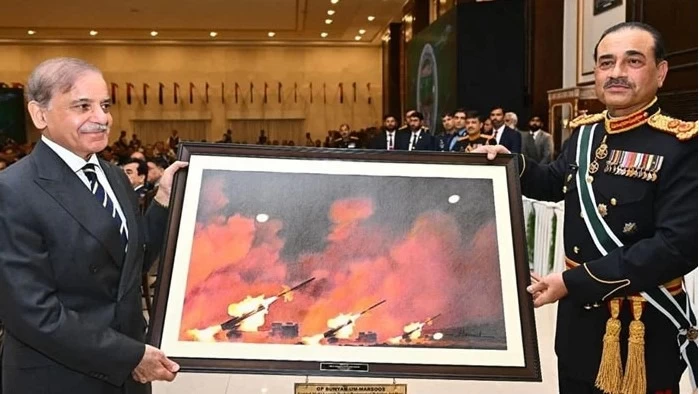
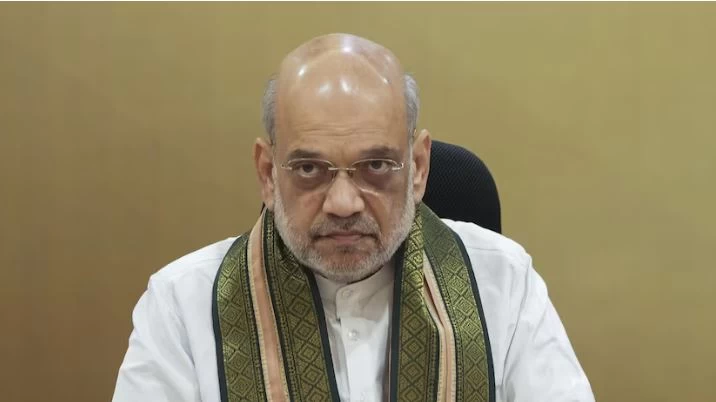
.webp)
